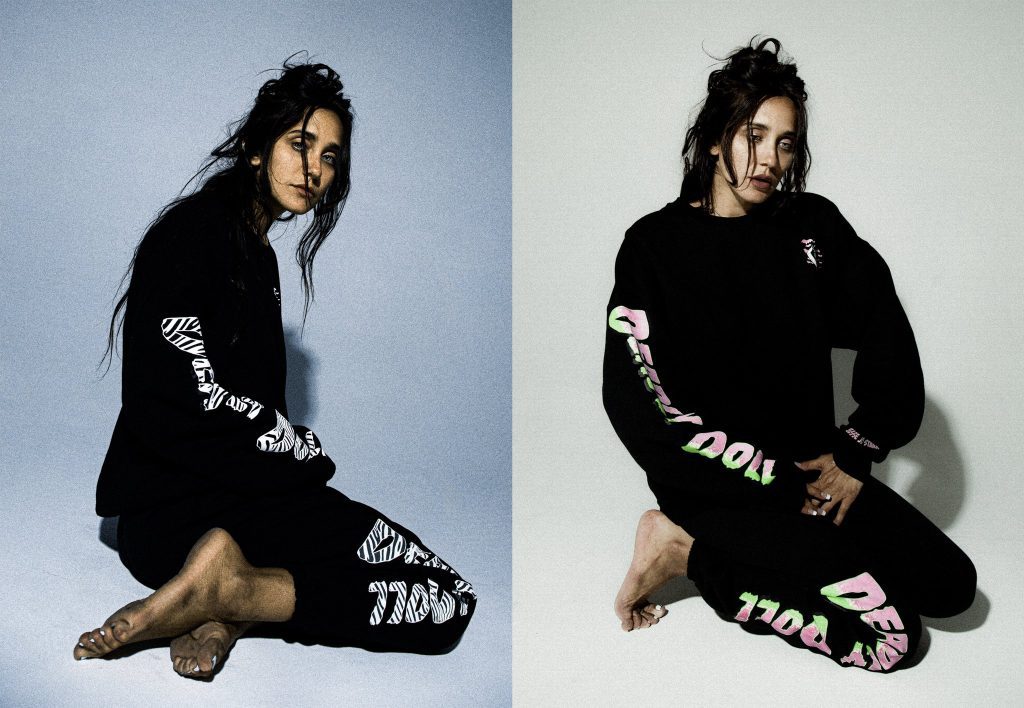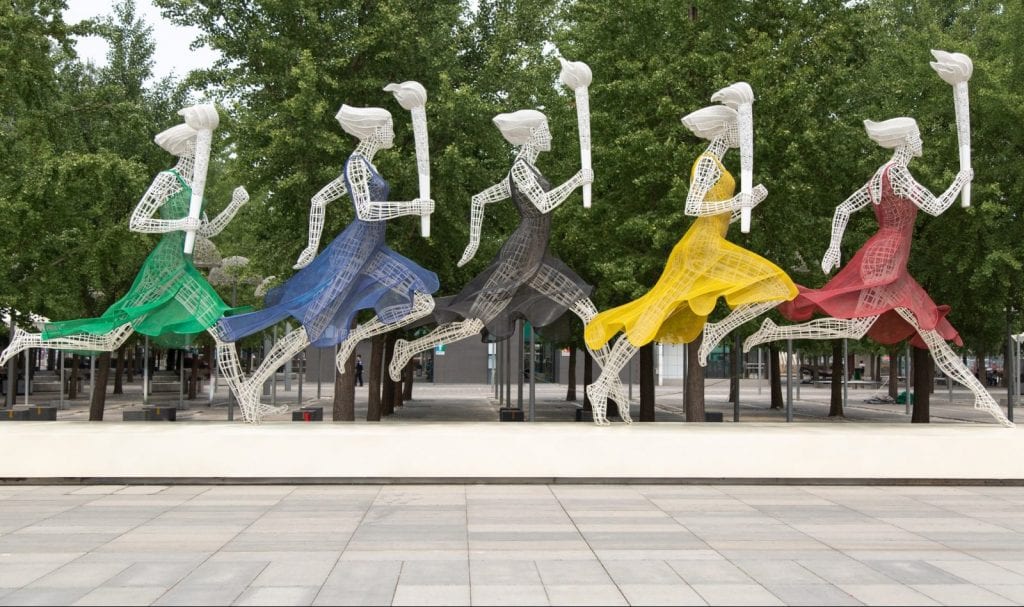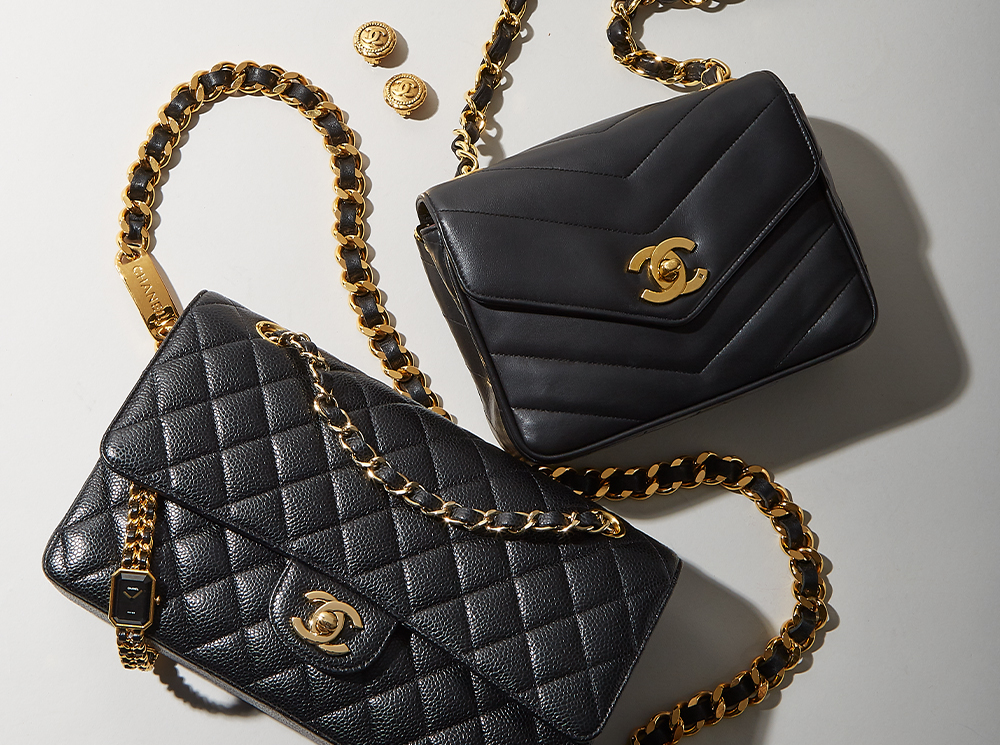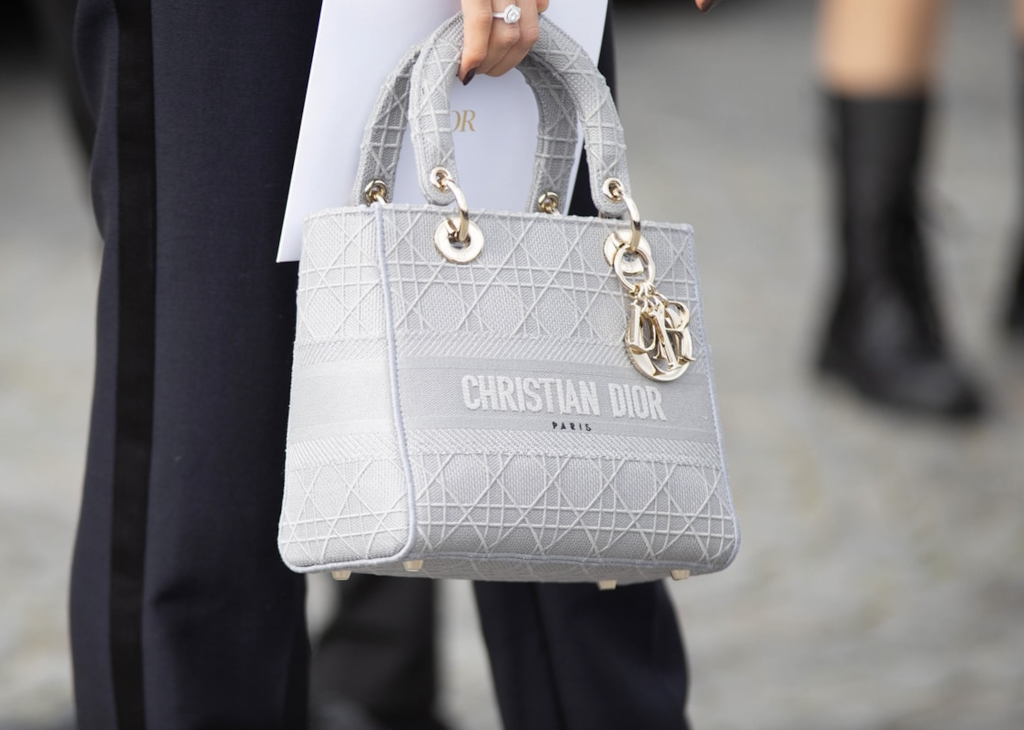A paparazzi photographer has landed a win in the latest round of the lawsuit he waged against fashion brand Deadly Doll, which allegedly infringed a photo he took of model Irina Shayk wearing a pair of the brand’s sweatpants by posting it to the brand’s Instagram without a license or authorization. In an order on March 27, Judge Otis Wright of the U.S. District Court for the Central District of California granted Carlos Vila’s motion for summary judgment, siding with the photographer on his direct copyright infringement claim against fashion brand Deadly Doll and on Deadly Doll’s copyright-centric counterclaims, as well.
For some background: On the heels of Vila lodging his copyright infringement complaint against Deadly Doll in July 2021, the Los Angeles-based fashion brand responded with claims of its own. In a September 2021 filing, Deadly Doll alleged that in taking the photo of Shayk, Vila captured its copyright-protected “pin-up girl” illustration – which appeared on Shayk’s pants – thereby, creating an unauthorized derivative work, which he proceeded to offer up to media outlets in exchange for a licensing fee.
Additionally, the Jesse Jo Stark-founded brand took issue with the “alleged ‘copyright’ in [Vila’s] unauthorized derivative photograph” of Shayk. In addition to seeking a declaration from the court that its copyright registration for the pin-up girl illustration is valid, Deadly Doll asked the court to declare that the “alleged copyright in [Vila’s photo] is invalid.” (The validity of Vila’s copyright registration is significant, of course, as a valid registration is a prerequisite to filing a copyright infringement claim.)
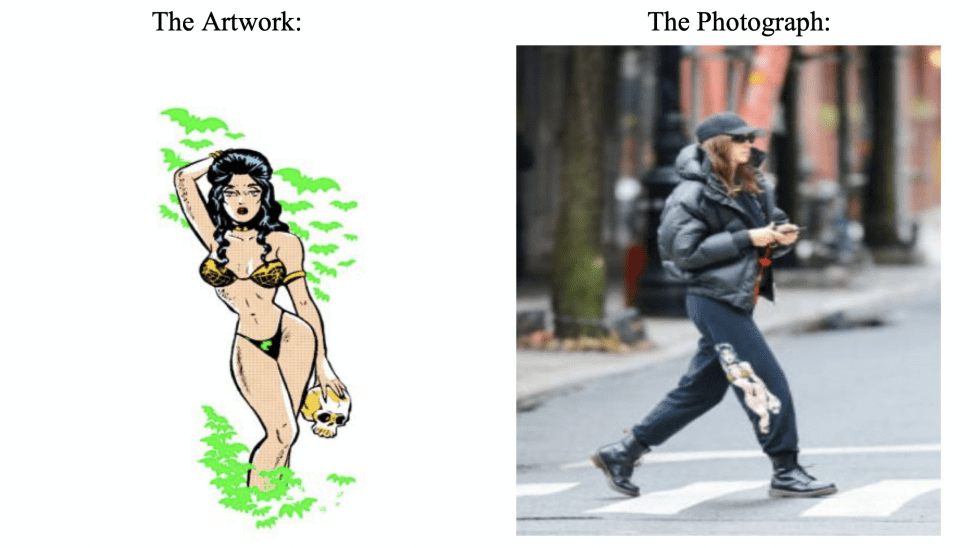
Setting the stage in his order, Judge Wright stated that Vila has argued that he is “entitled to partial summary judgment as to liability on his claim for direct copyright infringement because he is the sole author of the photograph, which Deadly Doll posted on Instagram without his permission,” and is similarly entitled to summary judgment on Deadly Doll’s counterclaims “because, among other reasons, the photograph is not a derivative work as a matter of law.”
Derivative Work – The court first considered whether Vila’s photo is a derivative work (i.e., a work that is created from another pre-existing copyrighted work). “Importantly here,” the court stated that “in order to qualify as a ‘pre-existing work,’ the underlying work must be copyrightable.” Here, the court cited Ets-Hokin v. Skyy Spirits, Inc., in which the Ninth Circuit held that the allegedly infringing photos in the case could not be derivative works because the vodka bottle – the underlying work – was not subject to copyright protection because it is a useful article. (“Because the photos were shots of the bottle as a whole – a useful article not subject to copyright protection – and not shots merely, or even mainly, of its label,” which could be protected by copyright if it was deemed separable, the Ninth Circuit held that in that case that “the bottle does not qualify as a ‘preexisting work’ within the meaning of the Copyright Act.”)
“Applying Ets-Hokin to the undisputed facts” here, Judge Wright found that Vila’s photo cannot be a derivative work. “It is undisputed that [his] photo features a model while she is crossing the street and wearing a pair of Deadly Doll pants that incorporate the [pin-up girl] artwork.” However, the court noted that the pants are a “useful article, [and] like the photograph of the vodka bottle in Ets-Hokin, the photo here features the pants ‘as a whole’ and does not ‘merely, or even mainly’ feature the artwork.” In fact, the court held that the photo “mainly features a model crossing the street.”
Accordingly, the court found that “the pants do not qualify as a ‘pre-existing’ work within the meaning of the Copyright Act,” and thus, the photo cannot be a derivative work.
The fact that Deadly Doll has a copyright in the artwork featured on the pants “does not change this conclusion,” according to Judge Wright, who stated that “the court in Ets-Hokin held that, even if the label on the vodka bottle was copyrightable, the photo of the bottle could not be a derivative work,” and the same is true for the Deadly Doll pants.
Failure to Disclose – As for whether the copyright registration for Vila’s photo is invalid (as Deadly Doll claims) because he failed to identify it as a derivative work and to disclose the artwork as a pre-existing work in his copyright application, the court held that the copyright is valid, as Vila’s photo “is not a derivative work as a matter of law.”
As such, the court found that Vila demonstrated that he maintains a valid copyright registration, and that Deadly Doll “fails to point to any genuine factual dispute that might disturb [that].”
Direct Copyright Infringement Claim – Against that background and in light of the lack of a material dispute that “Deadly Doll copied Vila’s photo” and posted it to the Instagram account without his permission – and without making any changes to the photo, the court found that Vila is entitled to summary judgment as to liability on his claim for direct copyright infringement. The court was unpersuaded by Deadly Doll’s argument that 17 U.S.C. s.113(c) bars Vila’s copyright infringement claim, as it posted the photo “on Instagram for public comment.” This argument failed, per Judge Wright, “because Deadly Doll infringed Vila’s copyright in the photograph, which is not a copyright for a work reproduced on an article” as required by s. 113 (c).
Deadly Doll’s Counterclaims – The court swiftly did away with Deadly Doll’s copyright infringement claim since Vila’s photo is not a derivative work, and similarly sided with Vila on Deadly Doll’s declaratory judgment claim on the basis that “the parties’ respective rights and obligations with regard to the disputed matters at issue in this lawsuit are fully addressed by the parties’ substantive claims,” making Deadly Doll’s declaratory relief counterclaim “superfluous.”
The case is Carlos Vila v. Deadly Doll, Inc., 2:21-cv-05837 (C.D. Cal.).




